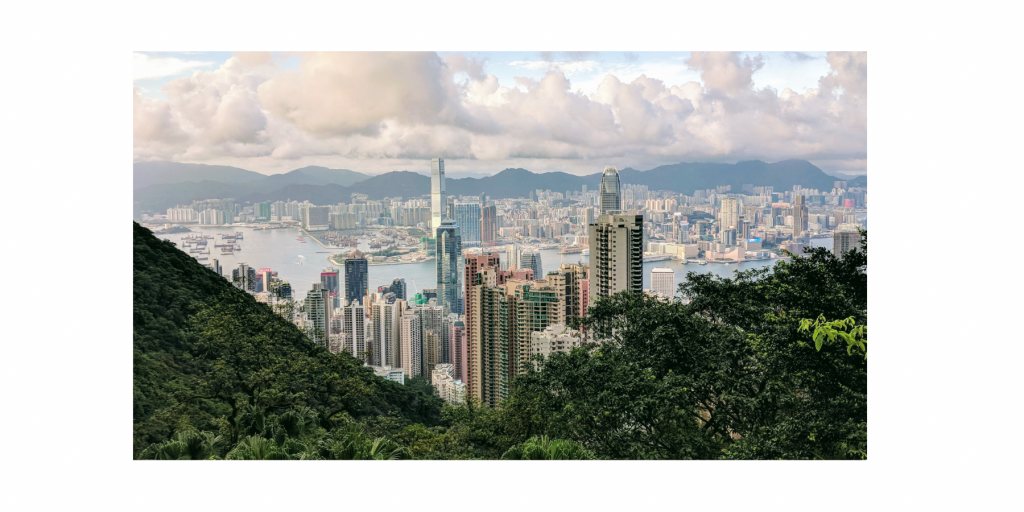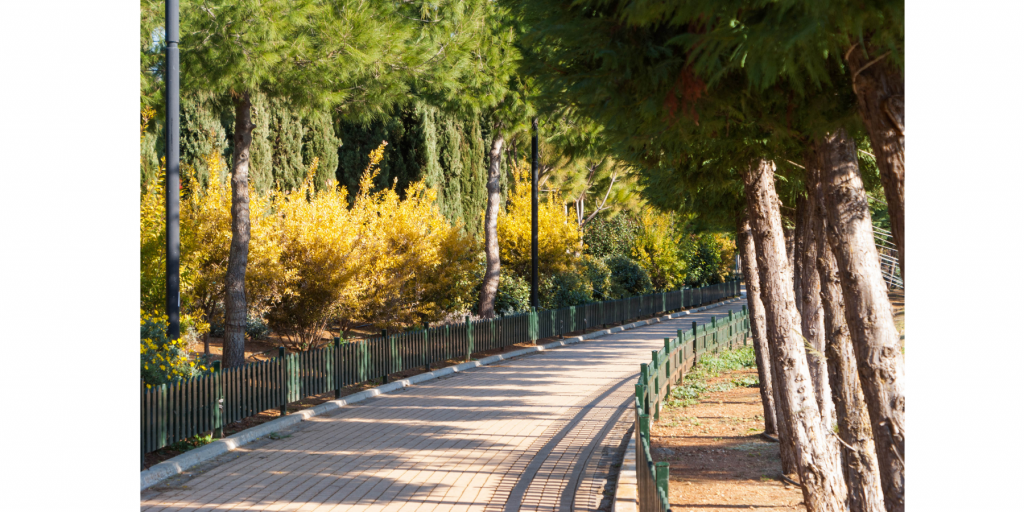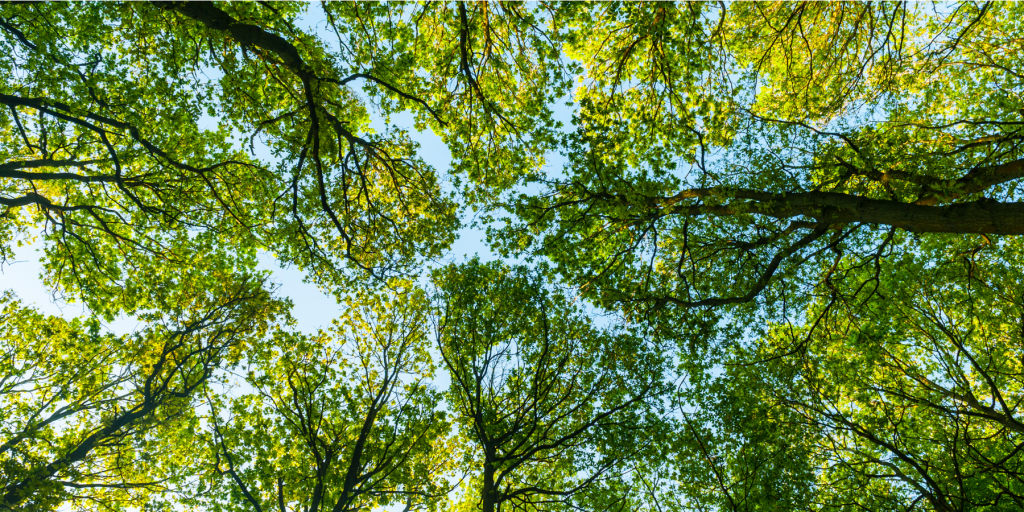Something is heating up this summer and it doesn’t look like its going to stop. It’s our cities.
As we pack into bustling cities dazzled by the opportunities it has to offer, it is easy to overlook the implications this can have on our environment. Studies conducted by the Environmental Protection Agency (EPA), show that heat wave frequency, duration, and intensity have all increased across the United States in recent decades. Tightly packed cities leave little room for any air flow to cool surfaces down and constant fumes from traffic suffocate our city blocks. The urban heat island effect is a growing concern for cities across the globe. We want you to understand the consequences this can have and how we can combat them.

Urban Heat Islands
While the name may allude to a hidden beach paradise tucked within the concrete jungle, an urban heat island is a deadly phenomenon that occurs as cities heat up rapidly, resulting in a myriad of dangerous effects. According to the EPA, “Urban areas are usually warmer than their rural surroundings, a phenomenon known as the “heat island effect.” The urbanization of the natural world includes paving over fields for parking lots, clearing forests for apartment buildings, and condensing large populations of people into artificially built communities.
Why is this Happening?
There are several factors that create the urban heat island effect, and considering that as of 2020, almost 83% of the US population lives in urban areas or cities, this issue affects the lives of millions of people. Densely packed cities have more traffic, more paved surfaces, and more heat emissions than their outlying rural counterparts. These surfaces absorb, store, and re-emit heat, causing surrounding temperatures to rise. Industrialized areas usually have higher rates of emissions and exhaust fumes which can also increase heat within an area. They often have limited vegetation covering walkways that could potentially cool areas down. Once we factor in global temperatures rising from climate change, urban areas are suffering from a vicious spike in heat during the summer months.
Effects of Urban Heat Islands
Urban advances may have been a necessary evil as populations boomed, but the result has led to an increase in:
- Air temperatures: data from thousands of weather stations show that daily temperatures are reaching all-time seasonally highs.
- Energy usage: increased demand for electricity to run air conditioning, fans, and other cooling devices can result in brownouts or blackouts.
- Air pollution: as energy needs go up we burn more fossil fuels to meet the demands which lead to higher emissions.
- Heat-related ailments: dehydration, exhaustion, sun-poisoning, and heat stroke can happen to anyone exposed to higher rates of sun exposure and increased temperatures.
A New York Times study found that neighborhoods within the same city could have up to a 20-degree Fahrenheit difference in temperature depending on the amount of vegetation within the area. Within Washington, D.C some condensed areas experienced temperatures over 100-degrees, yet shadier neighborhoods were safer at 87-degrees. This variance could mean the difference between a fun summer day and a detrimental heat stroke for some. In Phoenix, Arizona approximately 200 people died from extreme heat in 2020 during the hottest summer on record. Citizens endured 53 days of blazing heat, making it almost unlivable. Aside from heat-related illnesses, there is also an increased risk of fires starting and spreading, making conditions more deadly. Though many people are affected by climate change and heat islands, some communities are more at risk than others.

The Inequality of Urban Heat
Rising temperatures should be a concern for everyone. We are all vulnerable to its effects, but some communities are more at risk of experiencing these effects than others. Studies have found that children, the elderly, people of color, and low-income communities are subjected to greater risks from severe heat events. When it comes to health-related issues, children and the elderly are vulnerable due to their age-related concerns. People in lower-income communities may not have access to or can’t afford air conditioning in these brutally hot months. Due to historic inequalities, some members of marginalized communities are unable to access adequate health care, making it difficult to seek medical attention in a heat-related medical emergency.
An annual assessment know as “The Lancet Countdown” examines the health risks of climate change. It has found that countries with low to medium levels of development were disproportionately subjected to heat-related problems. Folks in these communities find shelter at bus stops to escape the torching summer sun. Children abandon sizzling playgrounds that lack overhead canopy protection. People are forced out of nature and into suffocating concrete confines. It is easy to think, “why don’t these places just plant more trees?” Unfortunately, though beneficial, planting trees is not free and often communities do not have the budgets to upkeep a lush canopy in order to maintain its health.

Solutions to The Urban Heat Island Effect
While it may seem impossible to control the weather, we do have the ability to mitigate the consequences of rising heat in cities.
Tree Canopies: Tree cover, whether over sidewalks or home windows, can lower temperatures to a bearable degree. Shade trees can mean the difference between kids spending their summers disconnected from nature and having the chance to reclaim their childhoods outside. Read more about the benefits of shade trees here.
Roof Gardens: Communities are starting to utilize the potential of unused rooftops. Part of the problem with cities are all of the exposed surfaces that absorb heat. Covering a roof top with plants or even grass can help cool the surrounding air.
Green Architecture: One way to prevent the problem before it happens is by constructing more eco-friendly buildings. Locally, George Mason University has several LEED (Leadership in Energy and Environmental Design) certified buildings. It is time to start incorporating green energy into our communities and integrating nature into our designs.
Cultural Shift: Part of the problem is our reluctance to change. Often we fall into a routine and are afraid to challenge the status quo. It is not enough for one person to take action. In order for change to take place, we must first make room for it to happen and then provide people with the necessary resources to do so.
These solutions can lead to immense benefits for the entire community. We can work together to combat urban heat island effects. By making systematic changes we can decrease heat related illnesses, boost community happiness, and improve air quality. Many of the issues discussed here are often overlooked, which is why we wanted to use our platform to raise awareness for them.
Protect Your Canopy Today
Speak to one of our arborists to invest in the benefits of protecting your canopy today.
